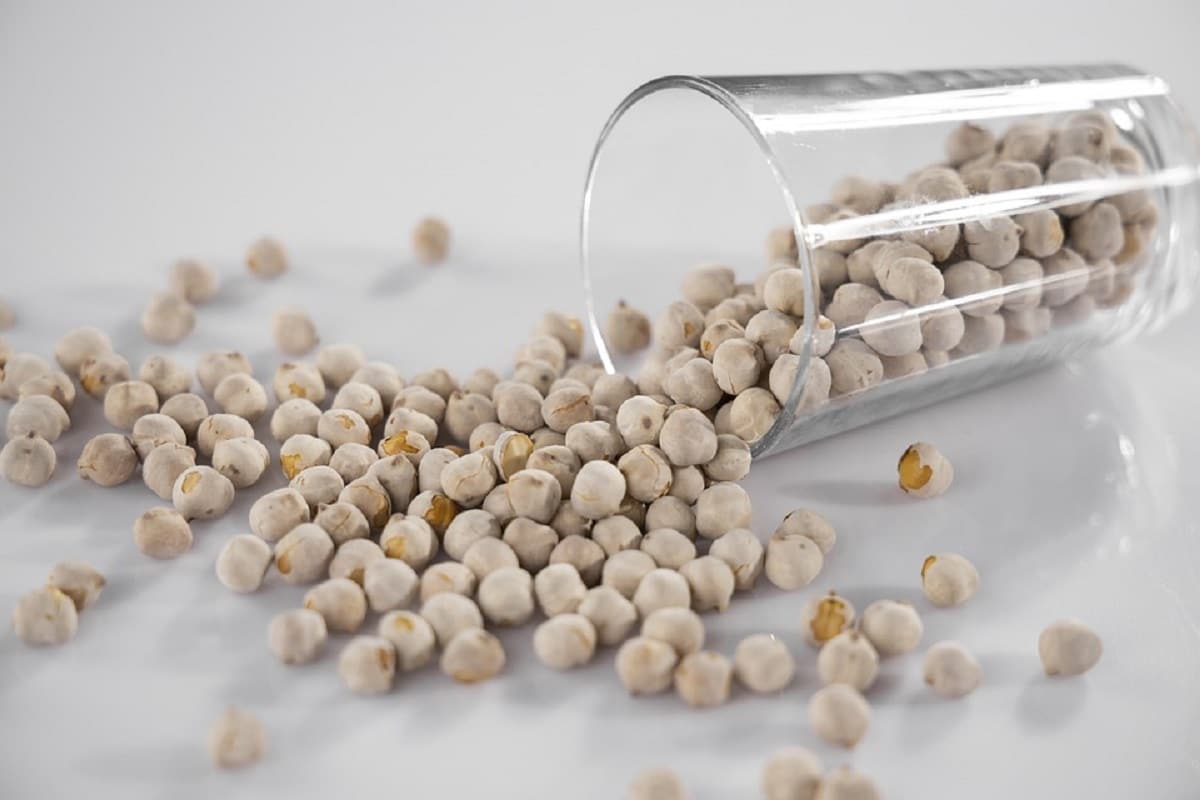
If you don't know how to prevent legumes from gassing, don't miss these tips that will surprise you. Legumes are a very healthy food, in any of its varieties. They are a food rich in iron, minerals, vitamins, fiber and carbohydrates and should be part of any diet. However, One of their drawbacks when consuming them frequently is that they give off gas.
The cause that legumes give off gas is in one of its components, oligosaccharides. The body cannot easily digest these molecules, so they accumulate in the large intestine. It is for this reason why, after eating legumes, especially if they are cooked in a certain way, the belly swells and the annoying flatulence appears.
Can you prevent legumes from giving off gas?
The way you prepare legumes will make a difference, since the secret is in the way you cook this group of foods. Eliminating legumes from the diet should in no case be the correct alternative, since it is a food with a lot of very beneficial nutrients for the body. So instead of eating them less often, try these tricks to prevent legumes from giving up gas.
Put them to soak
Legumes are soaked mainly to soften them and reduce cooking time, something that varies depending on the type of legume. And, although it is correct and should be done, soaking legumes is the main trick to prevent them from giving off gas. However, any soaking time is not enough, since it takes at least 12 hours for the skin to soften. When the skin is broken, the oligosaccharides are also broken.
Consume legumes without skin
If you suffer from great discomfort from the gases of legumes, you can opt for its more digestive version. In many stores you can find legumes without skin. Thus, you will avoid taking the part of the legume that the body cannot digest and they will be much more digestive for you.
Add baking soda
When you are cooking legumes, you can add a teaspoon of baking soda to the stew. This speeds up cooking time and also helps legumes to be more digestive, which largely eliminates the flatulence they cause.
A special touch with aromatic herbs
Cumin is a natural digestive, add a teaspoon in any of your stews and you will notice how it suits you much better if you have a delicate stomach. In legumes it is also of great help, in addition, provides a touch of different and very rich flavor. You can also use aromatic herbs such as thyme or fennel.
Use the speed cooker
In addition to saving you a lot of time in the kitchen, preparing legumes in a pressure cooker is a great option to eliminate the gases caused by legumes. And as if that were not enough, the cooking time is shortened, so the nutrients in the food are much better preserved.
Consume pureed legumes
The way to eat legumes is key, instead of preparing a stew with large amounts of sausages rich in fat such as chorizo or bacon, use vegetables and get a healthier dish. You can also take the pulses in puree, since in this way the skin is broken and the substance that generates the gases is eliminated.
Other tricks to prevent legumes from gassing
Eating calmly is the basis of good digestion, since any food can be bad if you eat too quickly, distractedly and without being aware of what you are eating. Legumes should be taken in small amounts, chewing very well to avoid a very heavy digestion. It is also advisable to space the intake of legumes, do not take them 2 days in a row.
Another trick to prevent legumes from gassing is to drink an infusion after a meal. The day you eat legumes, Instead of drinking coffee, prepare yourself an infusion of chamomile, it will help you digestion. And something fundamental, accustom your body to eat legumes regularly, since in this way, it will be better prepared to assimilate and digest them.

